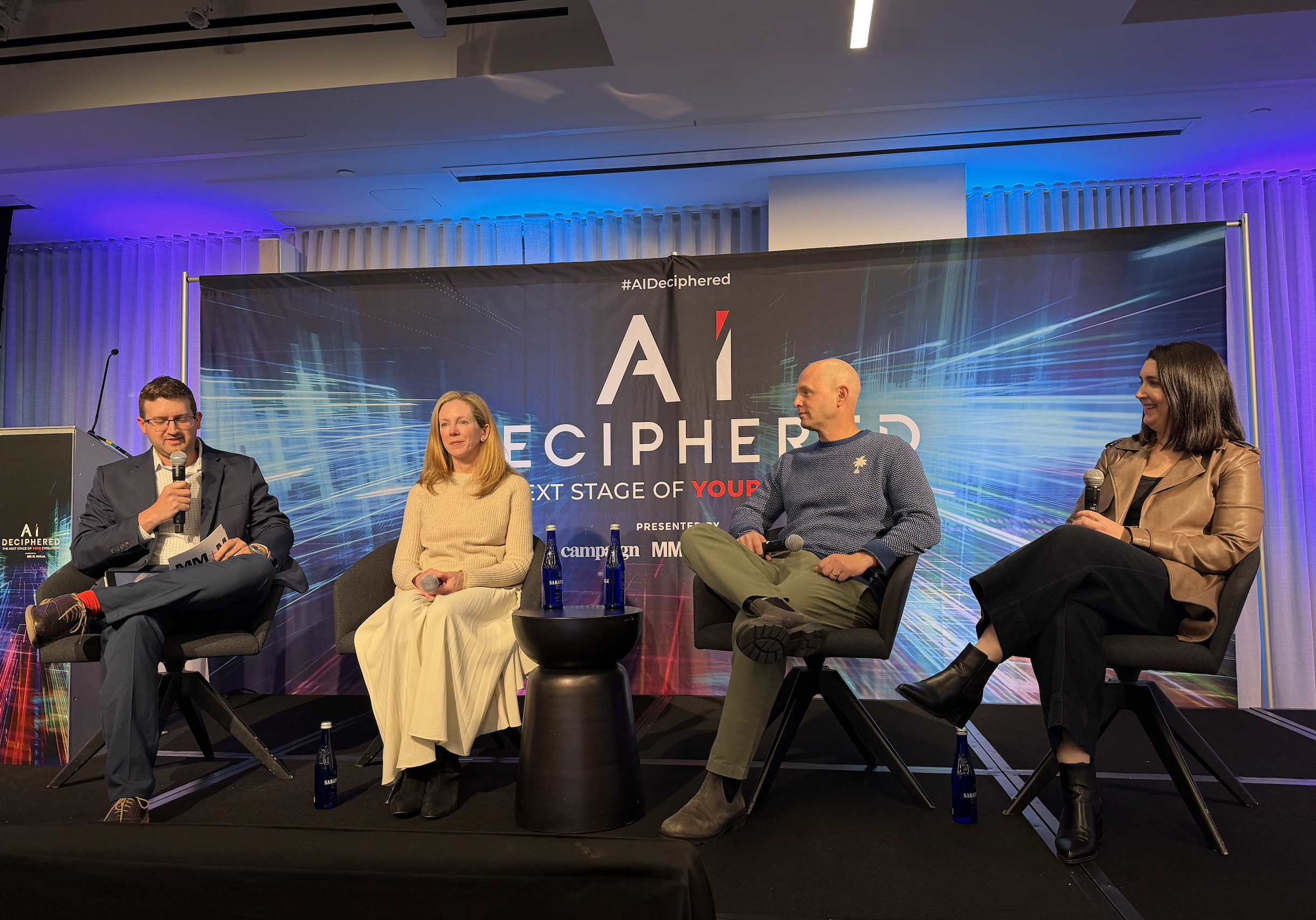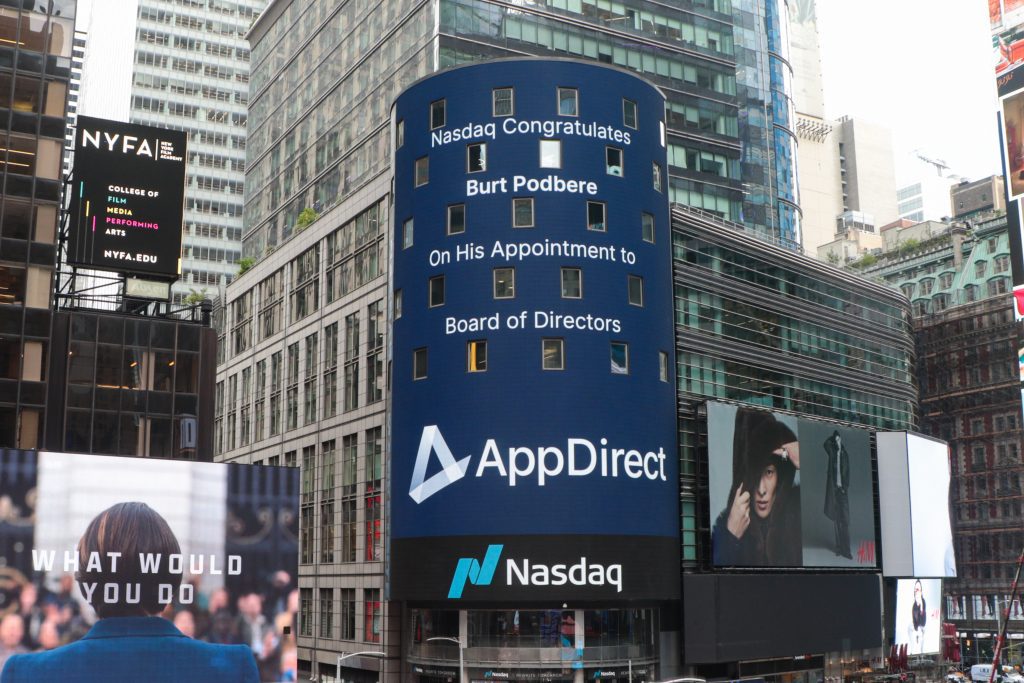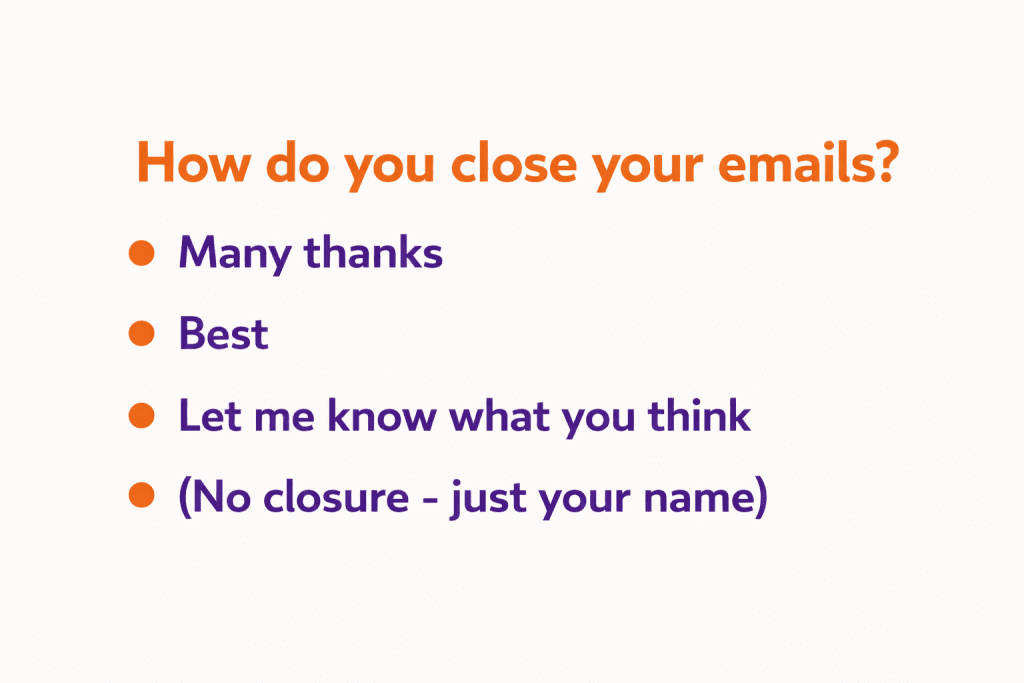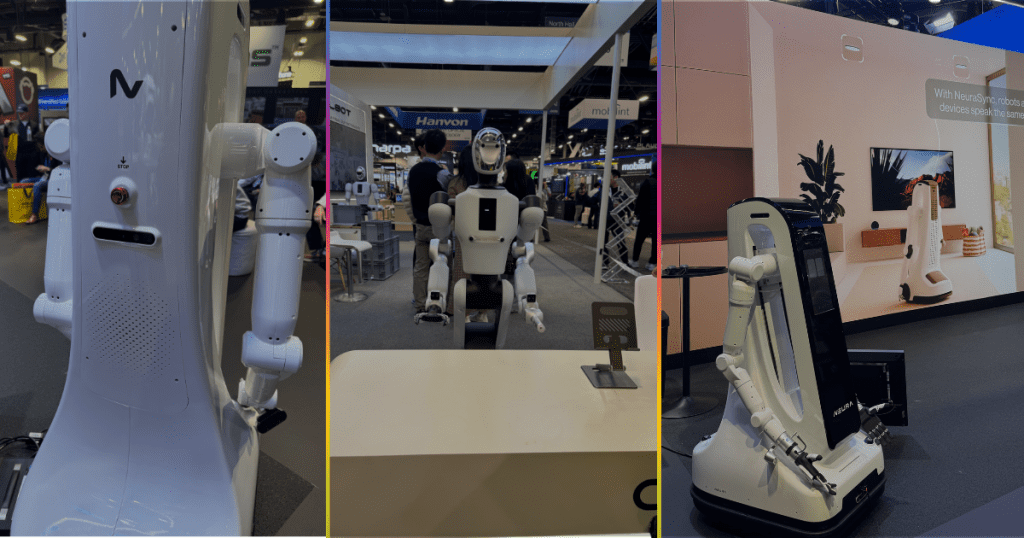The second annual AI Deciphered conference marked a shift in tone from last year’s event.
Where 2024 focused on existential questions about AI’s impact, this year’s programming centered on implementation. The theme, “The Next Stage of Your Evolution,” reflected an industry moving from debate to deployment.
Ian Cohen, who leads creative and content for Ford Motor Co.’s global communications, presented a main stage case study illustrating this shift. In his 11 months at Ford, Cohen has reorganized the company’s content strategy around a premise that remains controversial: traditional search is ending, and discovery is moving to large language models (LLMs).
Automotive Leader Now Publishes Content Specifically for LLM Consumption
Cohen stated his position plainly during the panel on search: “I believe search is going to zero.”
Ford has structured its content operations around this assumption.
When Cohen joined Ford, he found the company wasn’t systematically addressing AI as part of its communications strategy. He established what Ford calls the “Hollywood model,” a simplified project approval process where employees can pitch AI initiatives directly for funding without extended committee review.
Ford’s owned content platform, “Forward From the Road,” is tracked by 41 different large language models. The company monitors which content formats, whether in the form of a product announcement, Q&A, social media content, video, etc., the models scrape most frequently.
The testing revealed format differences in LLM pickup rates. Approximately 20% of these models indexed Ford’s narrative content, such as video features about vehicle owners. Content structured in a Q&A format showed a 50% scrape rate from the same set of LLMs. Q&As also generated three times more human clicks than traditional press releases, according to Cohen’s data.
Based on these metrics, Ford now does content creation and publishes content specifically designed for LLM consumption that doesn’t appear on the site’s front page. “It shows you that if you change your content, you can start to feed the machines,” Cohen said.
Ford is Innovating to Drive Internal AI Adoption and Process Change
Cohen described Ford’s internal training approach, which includes periodic “Innovation Days” where operations pause for AI exploration workshops.
During one session, Ford’s quality team demonstrated a process change that reduced report compilation time from weeks to approximately one hour using the company’s internal LLM. The reports, which Cohen described as capable of filling a large room if printed, feed into both executive summaries and legally binding consumer documents.
Ford followed these sessions with what it called “AI Month” in October, developed in partnership with Microsoft. The company sent daily prompts to employees on LLM usage. Weekly activities included “Is It Cake or Not?” where employees identified AI-generated images, with correct answers tracked for a prize.
Cohen contrasted Ford’s internal LLM access with his experience at other companies. At Ford, he said the approach is “throw the book at it,” while at previous employers, the guidance was “kind of use it, but don’t put all our information in it.”
Cohen explained that when employees have concerns about what data they’re permitted to share with AI systems, usage patterns change.
Boldly Leading the Way in an Environment Transformed by AI
Ford’s case study illustrated full commitment to a post-search hypothesis, with corresponding reorganization of content operations and internal training.
Microsoft representatives told Cohen they hadn’t seen another company implement an AI Month program at Ford’s scale. Ford plans to document the approach for other organizations.
Standing apart from many other AI Deciphered speakers who cautiously emphasized the need to balance experimentation with proven approaches, Cohen’s assertion that “search is going to zero” represented a bold bet on rapid market transformation in the face of AI.




